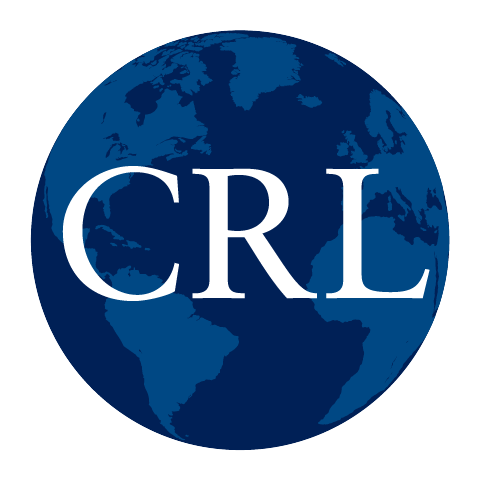Aristotle
![Roman copy (in marble) of a [[Ancient Greek sculpture|Greek bronze]] bust of Aristotle by [[Lysippos]] ({{circa|330 BC}}), with modern alabaster mantle](https://upload.wikimedia.org/wikipedia/commons/a/ae/Aristotle_Altemps_Inv8575.jpg) Aristotle }} (;}} 384–322 BC) was an Ancient Greek philosopher and polymath. His writings cover a broad range of subjects spanning the natural sciences, philosophy, linguistics, economics, politics, psychology, and the arts. As the founder of the Peripatetic school of philosophy in the Lyceum in Athens, he began the wider Aristotelian tradition that followed, which set the groundwork for the development of modern science.
Aristotle }} (;}} 384–322 BC) was an Ancient Greek philosopher and polymath. His writings cover a broad range of subjects spanning the natural sciences, philosophy, linguistics, economics, politics, psychology, and the arts. As the founder of the Peripatetic school of philosophy in the Lyceum in Athens, he began the wider Aristotelian tradition that followed, which set the groundwork for the development of modern science.Little is known about Aristotle's life. He was born in the city of Stagira in northern Greece during the Classical period. His father, Nicomachus, died when Aristotle was a child, and he was brought up by a guardian. At around eighteen years old, he joined Plato's Academy in Athens and remained there until the age of thirty seven (). Shortly after Plato died, Aristotle left Athens and, at the request of Philip II of Macedon, tutored his son Alexander the Great beginning in 343 BC. He established a library in the Lyceum, which helped him to produce many of his hundreds of books on papyrus scrolls.
Though Aristotle wrote many treatises and dialogues for publication, only around a third of his original output has survived, none of it intended for publication. Aristotle provided a complex synthesis of the various philosophies existing prior to him. His teachings and methods of inquiry have had a significant impact across the world, and remain a subject of contemporary philosophical discussion.
Aristotle's views profoundly shaped medieval scholarship. The influence of his physical science extended from late antiquity and the Early Middle Ages into the Renaissance, and was not replaced systematically until the Enlightenment and theories such as classical mechanics were developed. He influenced Judeo-Islamic philosophies during the Middle Ages, as well as Christian theology, especially the Neoplatonism of the Early Church and the scholastic tradition of the Catholic Church.
Aristotle was revered among medieval Muslim scholars as "The First Teacher", and among medieval Christians like Thomas Aquinas as simply "The Philosopher", while the poet Dante called him "the master of those who know". He has been referred to as the first scientist. His works contain the earliest known systematic study of logic, and were studied by medieval scholars such as Peter Abelard and Jean Buridan. His influence on logic continued well into the 19th century. In addition, his ethics, although always influential, has gained renewed interest with the modern advent of virtue ethics. Provided by Wikipedia
-
1by Aristotle
Published 1538Vinegia, Zuan Tacuino da Trino, 1538][7], cxii (i.e. 113) l. illus. 22 cm. -
2
-
3
-
4
-
5
-
6by Aristotle
Published 1560Venetiis [Venice] : Apud Cominum de Tridino Montisferrati, 1560.[4], 356 leaves : ill.Other Authors: “...Aristotle...”
-
7
-
8
-
9
-
10by Aristotle
Published 1574Venetiis [Venice] : Apud Iuntas, 1574.176, 160, 32 leaves ; 20 cm.Other Authors: “...Aristotle...”
-
11by Aristotle
Published 1883London, Macmillan and co., limited, 1883.3 p.̋., vi-xcvi, 407 p. 20 cm. -
12
-
13
-
14
-
15
-
16
-
17
-
18
-
19by Aristotle
Published 1574Venetiis [Venice] : Apud Iuntas, 1574.[3], 424 leaves : ill. (diagrams) ; 20 cm.Other Authors: “...Aristotle...”
-
20by Aristotle
Published 1538Impremees a Tholose : par Nicolas Vieillard, demourant en la rue de ville Neufue, [1538?][14] p.

